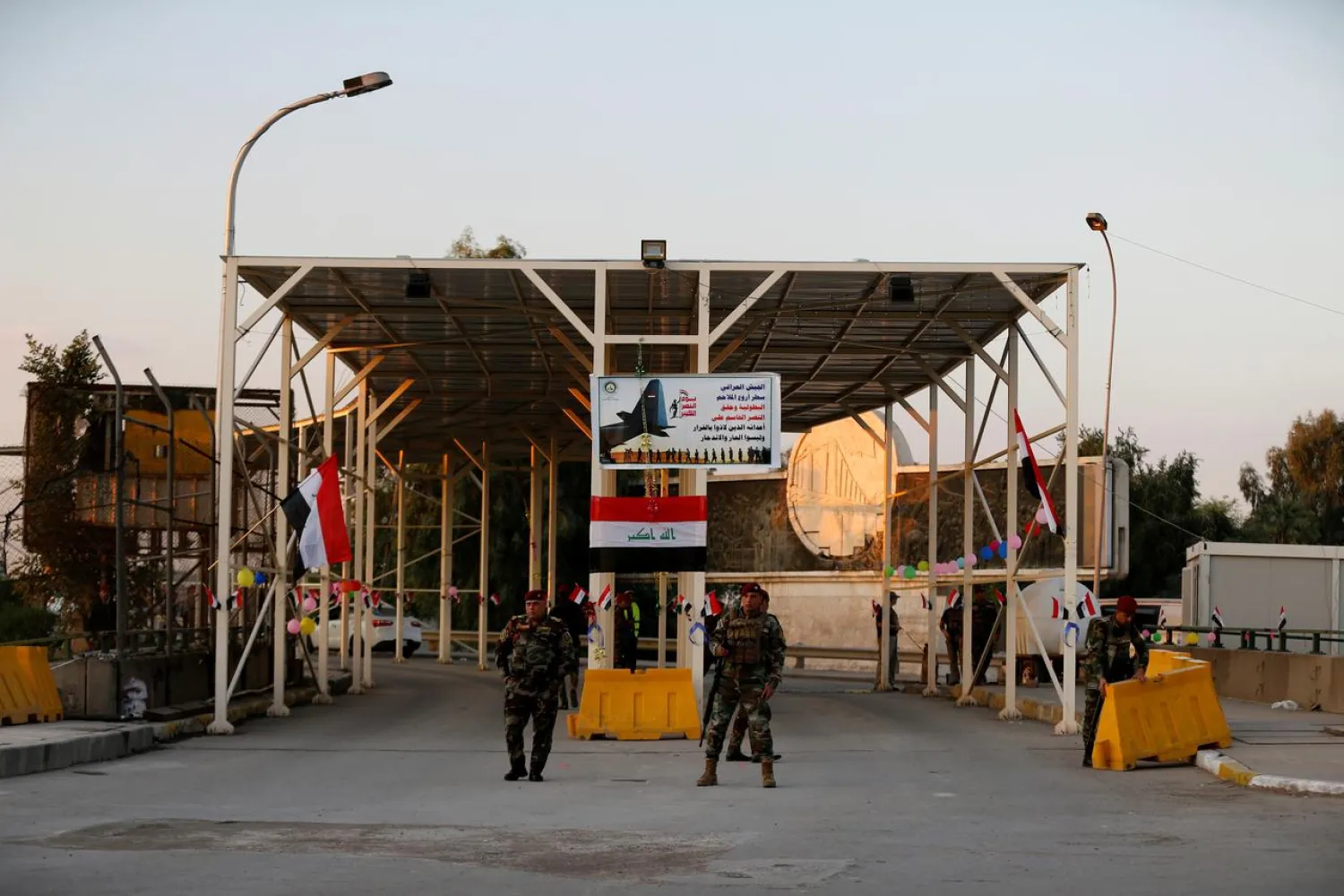Two Katyusha rockets hit an Iraqi base north of Baghdad late Saturday but missed US-led coalition troops stationed there, Iraq's military and a coalition official said.
A statement from Iraq's security forces said the rockets were launched north of Baghdad and did not cause any damage to the Taji base.
A coalition official confirmed the projectiles fell outside the coalition's segment of the base.
There was no immediate claim of responsibility.
It was the third attack in a week to target US troops or diplomats.
Two rockets struck the grounds of the vast Baghdad airport complex on Monday and an unguided rocket hit close to the fortified US embassy two days later.
The attacks follow several weeks of relative respite from more than two dozen similar incidents in recent months.
Since October, at least 30 attacks have targeted American troops or diplomats, severely straining ties between Baghdad and Washington.
Tensions reached boiling point in January when the US killed Iranian general Qasem Soleimani and Popular Mobilization Forces commander Abu Mahdi al-Muhandis in a drone strike in Baghdad.
Washington has accused armed groups backed by Iran for the repeated rocket attacks. But it also blamed the Iraqi government for not doing enough to protect US installations.
The first session of the much-anticipated strategic talks between the US and Iraq began Thursday, and is to lay the agenda for the months ahead, including the presence of US troops in the country, Iran-backed militia groups acting outside of the state and Iraq’s dire economic crisis.
US Assistant Secretary of State David Schenker, in comments to reporters in Washington following the session, said Iraq had committed to “moving ahead and undertaking their obligations,” with regards to militia attacks targeting the American presence.









